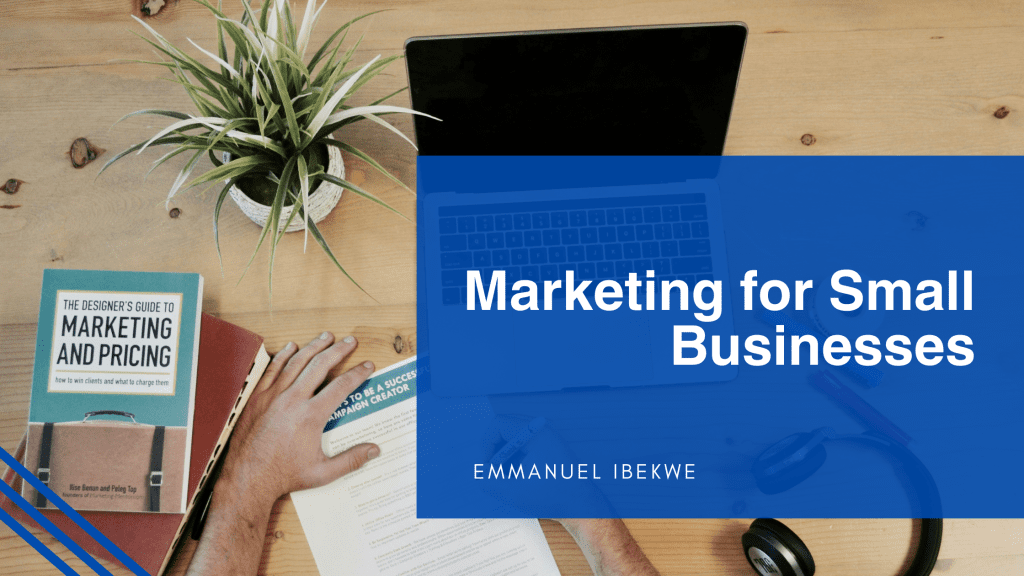Navigating the Online Landscape
Hey there, small business owners! If you’re feeling a bit lost in the vast ocean of online marketing, you’re not alone. The digital world can be overwhelming, especially when you’re trying to grow your business. But don’t worry – we’re here to help you chart a course to success. Let’s dive into some practical strategies that can help your small business thrive in the online space.
Why Online Marketing Matters for Small Businesses
Before we jump into the how-to’s, let’s talk about why online marketing is so crucial for small businesses like yours. In today’s digital age, your potential customers are spending more time online than ever before. They’re searching for products and services, reading reviews, and making purchasing decisions – all from their devices. If you’re not visible in this space, you’re missing out on a huge opportunity to connect with your target audience.
Understanding Your Online Audience
The first step in any successful marketing strategy is knowing who you’re talking to. Take some time to research your target audience:
– What are their demographics?
– What problems are they trying to solve?
– Where do they hang out online?
This information will guide all your marketing efforts, helping you create content and choose platforms that resonate with your ideal customers.
Building a Strong Online Presence
Now that you know who you’re targeting, it’s time to establish your online presence. Here are some key elements to focus on:
1. Website: Your website is your digital storefront. Make sure it’s user-friendly, mobile-responsive, and clearly communicates your value proposition.
2. Search Engine Optimization (SEO): Help potential customers find you by optimizing your website for search engines. Use relevant keywords, create quality content, and ensure your site structure is search-engine friendly.
3. Google My Business: If you have a physical location, claim and optimize your Google My Business listing. This helps you show up in local searches and on Google Maps.
4. Social Media: Choose platforms where your audience is most active. You don’t need to be everywhere – it’s better to do a great job on one or two platforms than a mediocre job on all of them.
Content Marketing: Your Secret Weapon
Content marketing is a powerful tool for small businesses. By creating valuable, relevant content, you can attract and engage your target audience without breaking the bank. Here are some content ideas:
– Blog posts that address common customer questions
– How-to videos showcasing your products or services
– Infographics that present industry data in an easy-to-digest format
– Customer success stories and testimonials
Remember, the key is to provide value. Focus on solving your audience’s problems, and they’ll come to see you as a trusted resource.
Email Marketing: Nurturing Customer Relationships
Don’t underestimate the power of email marketing. It’s an excellent way to stay in touch with your customers and nurture leads. Start building your email list by offering something of value in exchange for email addresses – maybe a discount code or a free guide related to your industry.
Once you have a list, send regular newsletters with useful content, product updates, and special offers. Just remember to keep it relevant and not too salesy.
Paid Advertising: Boosting Your Visibility
While organic strategies are great, sometimes you need a little boost. Platforms like Google Ads and social media advertising allow you to target specific audiences and get in front of potential customers quickly.
Start small, test different ad formats and messages, and closely monitor your results. As you learn what works best for your business, you can scale up your efforts.
Leveraging Online Reviews and Testimonials
In the digital world, word-of-mouth recommendations come in the form of online reviews. Encourage your happy customers to leave reviews on platforms like Google, Yelp, or industry-specific review sites. Respond to all reviews – positive and negative – to show that you value customer feedback.
Measuring and Adjusting Your Strategy
One of the great things about online marketing is the wealth of data at your fingertips. Use tools like Google Analytics to track your website traffic, engagement, and conversions. Pay attention to which strategies are driving results and be willing to adjust your approach based on what the data tells you.
Embracing the Journey
Remember, effective online marketing for small businesses is a marathon, not a sprint. It takes time to build a strong online presence and see results. Be patient, stay consistent, and don’t be afraid to try new things.
The online landscape is always evolving, and that’s what makes it exciting. By staying curious and adaptable, you can turn the challenges of online marketing into opportunities for growth. Your small business has something unique to offer – now it’s time to let the online world know about it! So, are you ready to take your small business marketing to the next level? Start implementing these strategies today, and watch your online presence grow. Remember, every big business started small – with the right approach to online marketing, there’s no limit to where your small business can go!
